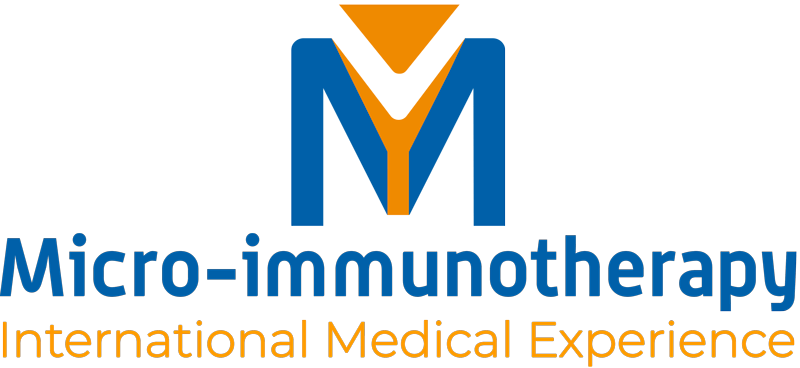Micro-immunotherapy & Infectious Diseases

Our organism is constantly exposed to numerous viruses, bacteria and parasites. These infections usually pass without being noticed, as the immune system defends us against these microorganisms before they can harm us. If, however, the defence mechanisms are damaged through internal or external factors, various diseases can occur:
- Viral infections (e.g., mononucleosis, oral (labialis) and genital (genitalis) herpes,shingles (herpes zoster), chickenpox, genital warts through papillomavirus, hepatitis)
- Bacterial infections (e.g., chlamydia, Lyme disease)
- Parasitic infections (e.g., toxoplasmosis)
Some of these microorganisms, such as the herpes viruses (e.g., the cytomegalovirus or Epstein-Barr virus infection), also possess the ability to remain in the body and reappear at a later stage, so that numerous diseases present or can become chronic1. These include chronic fatigue syndrome, fibromyalgia, Hashimoto thyroiditis and multiple sclerosis, to name but a few.2-5
Micro-immunotherapy aims to strengthen the body’s natural defenses against infection and to inhibit the propagation of disease pathogens.
- Fujinami RS et al. Molecular mimicry, bystander activation, or viral persistence: infections and autoimmune disease. Clin. Microbiol. Rev. 2006;19(1):80–94.
- Ascherio A, Munger KL. Epstein-barr virus infection and multiple sclerosis: a review. J Neuroimmune Pharmacol. 2010;5(3):271-277.
- Pender MP. CD8+ T-cell deficiency, Epstein-Barr virus infection, vitamin D deficiency and steps to autoimmunity: a unifying hypothesis. Autoimmune Dis 2012: 189096
- Coskun O, Sener K, Kilik S y col. Stress related Epstein Barr virus reactivation. Clin Exp Med 2010, 10: 15-20.
- Janegova, A., Janega, P., Rychly B., Kuracinova, K. Babal, P. The role of Epstein-Barr virus infection in the development of autoimmune thyroid diseases. Endokrynol Pol 2015; 66 (2): 132–136.
Discover more about Infectious Diseases and micro-immunotherapy

